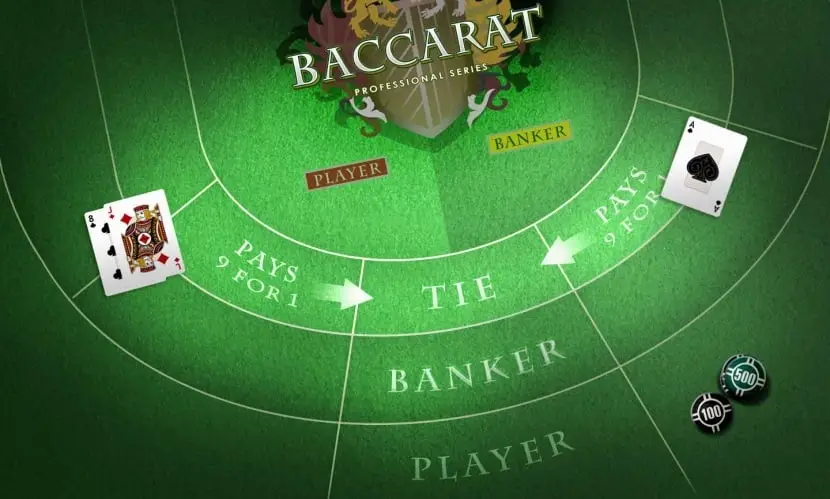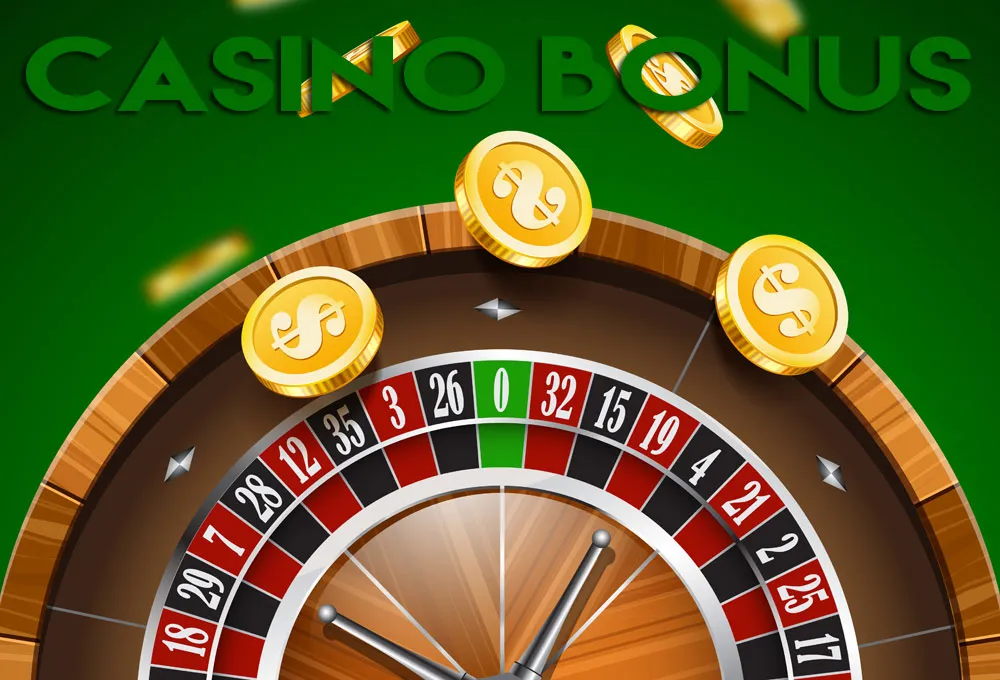Licensing of online casinos defines the entire legal framework within which the platform operates. For baccarat players, this is especially critical: in this card discipline, bets reach high values, and the speed of decision-making leaves no room for doubts about the fairness of the platform. The jurisdiction of the license determines which legislation regulates the operator’s actions. For example, a casino licensed in Curacao is subject to different requirements than an operator certified in Malta or on the Isle of Man. Regulators set strict standards for the transparency of random number generators (RNG), which is particularly important in automated baccarat card dealing.
Jurisdiction of online casino licensing and risk geography
Licensing of online casinos always indicates in which country the operator is registered and which authority controls its activities. If a player launches baccarat on a site with a UK Gambling Commission license (UKGC), they gain access to a system of pre-trial dispute resolution, financial deposit protection, strict advertising requirements, and refund policies. In comparison, a license from Panama or Costa Rica provides much fewer guarantees, essentially shifting all risks to the user. When choosing an online casino to play baccarat, the license determines not only the level of trust but also the possibility of real conflict resolution, especially with large bet amounts.

Supervision of random number generators: a key criterion for baccarat
Baccarat requires a high degree of fairness in determining the outcome of each deal. Licensing of online casinos involves independent certification of RNG systems — algorithms that ensure the randomness of cards. Regulators require that each deal corresponds to the theoretical probability distribution: player win (1.24%), banker win (1.06%), and tie (14.36%). Violating these proportions indicates direct manipulation. Licensed operators are required to provide quarterly reports to certified laboratories (such as iTech Labs or GLI). In case of deviations, the license may be suspended, and payouts may be blocked.
Verification and identification: licensing of online casinos
Licensing of online casinos establishes mandatory Know Your Customer (KYC) protocols, especially important in games with high financial stakes, such as baccarat. Casinos require the submission of documents confirming identity, place of residence, and a source of income. These measures reduce the risks of money laundering, fake accounts, and fraud. Without passing KYC, a player cannot withdraw a large win, even if the system credited the funds to the balance. Major regulators like MGA or UKGC check compliance with these procedures as part of an annual audit. Any simplification of verification signals weak control, casting doubt on the fairness of the entire platform.
Financial protection: account segregation and refund guarantees
Licensing of online casinos requires strict financial discipline. The regulator mandates that the platform segregates players’ funds from operational capital — in isolated bank accounts. For baccarat players, where bets can exceed $1,000, this is critically important. Such segregation protects money even in the event of the operator’s bankruptcy. In Malta or on the Isle of Man, for example, a license is not issued without the corresponding banking confirmation. In addition, licensed casinos must provide instant payouts up to the limits specified in the terms. If payouts are delayed, a player can directly contact the supervisory authority — and the casino will be obliged to fulfill its obligations under the threat of license cancellation.
Signs of a reputable license
To assess how well the licensing of an online casino meets security requirements, a player in baccarat should use the following expertise:
-
Presence of a valid license number — displayed in the site footer, verified on the regulator’s site.
-
Jurisdiction name — preference given to MGA, UKGC, Isle of Man, GRA.
-
Document verification — availability of public audit reports.
-
License type — B2C (for end users), not just B2B.
-
License validity period — issuance date and confirmation currency.
-
List of accredited providers — presence of providers with certified RNG.
-
Dispute resolution services integration — presence of ODR, IBAS, eCOGRA.
-
Verification protocols — transparent document upload conditions.
-
Speed and methods of fund withdrawal — clear timelines, transparent limits.
-
Presence of “responsible gaming” — functionality for setting limits and self-exclusion.
Each of these points is a real mechanism to protect a baccarat player from risks and platform dishonesty.
Preventing manipulations in live baccarat
In live game formats, online casino licensing becomes crucial as a guarantee against third-party interference. The regulator requires mandatory video surveillance, stream archiving, integration of biometrics for hosts, and checks of deal directories. Studios broadcasting baccarat games must retain transmission logs for at least 90 days and provide them upon the first request. A casino operating without a license may use illegal dealers, falsify broadcasts, or introduce data transmission delays. The regulator monitors connection quality, maintains delays of less than 2 seconds, and minimizes technical failures.
Player as a legal subject: options in case of conflict
Licensing of online casinos turns a player into a full party to an agreement with clearly defined rights. In case of errors, refusal to pay, or deletion of an account without explanation, the user can file a complaint with the regulatory body. The casino is required to respond within 21 days, or else face compulsory investigation. Such procedures exist only with a license issued by an authorized body. Without it, the operator may choose not to respond, and the player has no legal leverage. In the discipline of baccarat, where rare but significant wins are possible, such legal protection provides peace of mind and confidence.

Responsible gaming and addiction control
Online casino licensing goes beyond technical and financial aspects. Regulators introduce mandatory “responsible gaming” features: the ability to set daily/weekly deposit limits, temporarily block an account, or seek consultation. In baccarat, the propensity for gambling increases due to the fast pace and high stakes. Without a license, a platform may encourage overspending, disable limits, offer bonuses on the brink of manipulation. Licensed casinos are required to identify signs of addiction and intervene, up to automatically blocking a profile upon detecting a risk pattern.
Online casino licensing: key takeaways
Online casino licensing determines not just the legal status of the platform — it becomes the primary guarantee of safety, transparency, and fairness of the game. Especially in the discipline of baccarat, where speed, stakes, and risk create potential vulnerability, having an active license allows the player to feel in control of the process. The license protects capital, provides a legal basis, eliminates technical manipulations, and ensures equality of parties. Disregarding license verification is a conscious choice in favor of unpredictability and lack of rights. Only a licensed casino can truly provide a baccarat player with the level of confidence that truly matters when playing for money.
 en
en  de
de  ar
ar  es
es  nl
nl  hi
hi  fr
fr  it
it  pt
pt  el
el 











